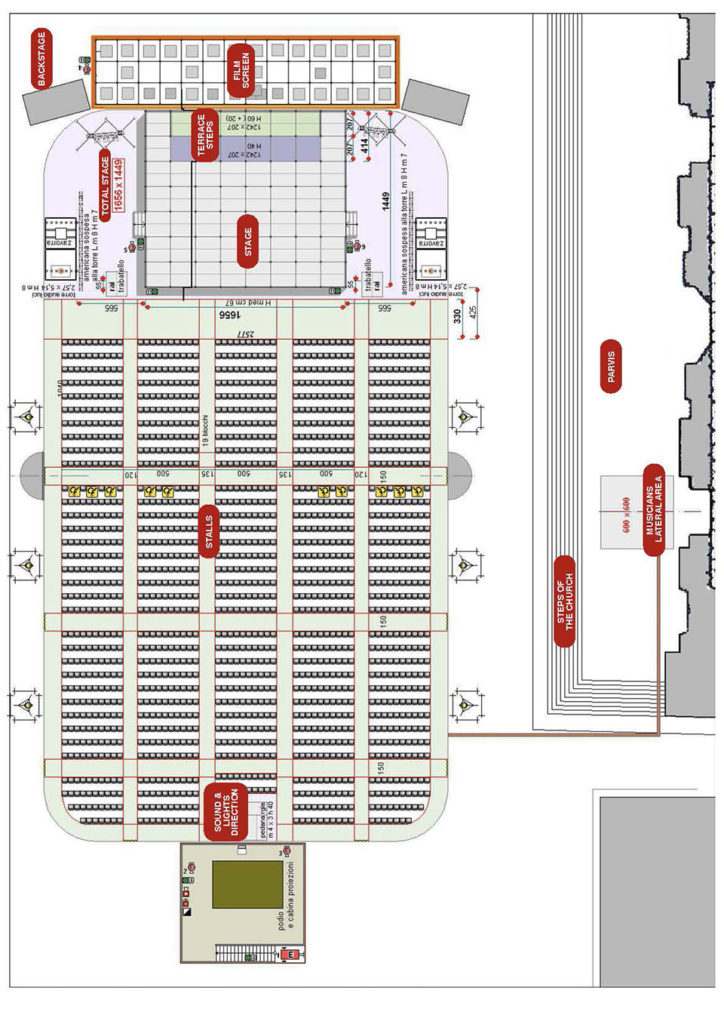“2 AGOSTO” INTERNATIONAL COMPOSING COMPETITION
TWENTY-SIXTH EDITION, 2020
COMPETITION ANNOUNCEMENT
The Twenty-sixth Edition of the “2 Agosto” International Composing Competition is announced. It is promoted by the “Teatro Comunale di Bologna”, by the “Associazione tra i Familiari Vittime Della Strage Alla Stazione di Bologna del 2 Agosto 1980”, and by the “Comitato di Solidarietà alle Vittime delle Stragi”.
1) The Competition will award the following prizes:
First Prize: € 6,000; Second Prize: € 3,000; Third Prize: € 2,000.
The winning scores will be performed live in Bologna, on August 2nd, 2020, during the Final Concert relating to the XXVI Edition of the International Composing Competition “2 Agosto”, amid the commemorative events in memory of the victims of the slaughters. The concert will be radio live broadcasted on RADIO3, and catch-up TV on RAI5.
2) The Competition is open to musicians of all nationalities, who were born after the 31st December 1985.
3) The XXVI Edition of the International Composing Competition “2 Agosto” is dedicated to scores for orchestra (maximum instrumentation allowed as per bullet point 6), with or without the addition of electronic instruments.
4) The main characteristic of this Competition is the performance of the winning pieces in a symbolic open space, the main city square, in an evening of great civic significance: that of August 2. Therefore, one of the Jury’s evaluation criteria will be the way in which the score will use the space. This, from the orchestral arrangement and the sound diffusion point of view, is either the amplified one of the orchestra itself or that produced by the use of electronic instruments, subject to the peculiarities and limitations of the space available. Please refer to the map at the bottom of this announcement, starting from the traditional orchestral arrangement, also provided below.
The composer or a person invited by him/her (at no additional costs for the organization) will have to take care of the sound engineering. A technician provided by the Theatre will assist the sound engineer.
5) Competitors will have to consider that:
a) The width of the stage is a little wider than the necessary orchestral arrangement. Therefore, it is feasible to place a maximum of four instruments on either side of the orchestra, also using their amplification and sound diffusion, or slightly separate from the main orchestral structure.
b) On the parvis (a raised platform) in front of the Basilica of San Petronio, it is possible to place a maximum of five instruments that are easy to transport, i.e. not a set of percussion instruments, making use of their amplification.
c) The amplification includes the placement of four loudspeakers at the sides of the audience, as well as a loudspeaker for any instruments on the parvis (a raised platform).
N.B. Competitors should also remember that the performance of the three winning pieces would be in sequence, so an extensive change of position time between one piece and the next it is not possible, due to the live radio broadcast. Therefore, an excess of complexity in the arrangements of the instruments could hinder the choice of the piece and the decisions of the Jury.
6) Scores must not last more than 12 minutes.
7) The maximum instrumentation allowed, on pain of exclusion from the competition, is the following:
3 flutes (2nd or 3rd can be a piccolo), 3 oboes (2nd or 3rd can be a cor anglais), 3 clarinets in B-flat (2nd or 3rd can be a bass clarinet), 3 bassoons, 4 French horns, 3 trumpets, 3 trombones, 1 timpanist, 2 percussionists, harp, and strings (12-10-8-6-4).
Each of the string sections can be divided into a maximum of two (10 string parts in total), solo passages are also possible for one string instrument for each of the five sections (first of the first violins, etc.).
8) Scores must be anonymous and must not contain any mark of identification.
The scores could have been published, but in this case, competitors will have to remove any editorial marks.
9) The scores must not have been previously performed.
Competitors will have to enclose a personal declaration to confirm that the work has never been executed before.
10) You are not allowed to send audio files related to the score presented at the Competition, except those linked to the electronic part provided. However, a description of the potential electronic parts is welcome.
Competitors may, but it is not mandatory, send another piece of their own chamber or orchestral music with AUDIO REGISTRATION OF AN EXECUTION (no midi file), for the sole purpose of providing the Jury with more complete information about their sound universe.
The recording must be sent via an audio file (no CD or DVD).
You are not allowed to send another piece if not accompanied by a recording.
These additional pieces and recordings must not contain any sign of recognition from the author (title, place of performance, names of the performers, etc.).
11) For any doubt or particular need, competitors are invited to contact the Competition Secretariat, writing to info@concorso2agosto.it
12) The sending of the scores and the participation in the Competition does not require any subscription fee.
13) Scores must be sent according to the following ONLINE procedure: through the website www.concorso2agosto.it, in the Edition 2020 section, the competitor will enter his/her personal data and send his/her files through the SUBSCRIBE registration form.
In the section Edition 2020 the competitor will be able to find all the detailed information required to take part in the Competition.
14) Deadline for the online application: June 30, 2020, at 12 midnight GMT.
15) The Jury members’ names will be published on the Competition website.
16) The Jury’s judgment cannot be appealed against.
17) For any further information, please contact the Secretariat of the International Composition Competition “2 August”: info@concorso2agosto.it.
Web site: www.concorso2agosto.it

